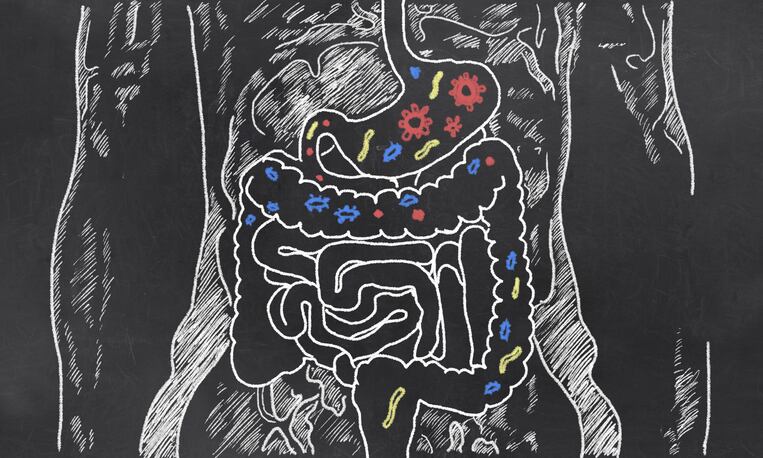Data from the POMEcardio double-blind, cross-over, dose-response, randomized, placebo-controlled trial indicated that improvements in blood lipid (cholesterol) levels were correlated with an individual’s ability to produce a compound called urolithin from ellagitannins in pomegranate.
Results published in Molecular Nutrition and Food Research also found that the effects were correlated with increases in levels of Gordonibacter in the gut.
“[W]e describe here for the first time that [pomegranate extract] consumption differentially improved these biomarkers [of cardiovascular health] depending on the individuals’ urolithin metabotype, i.e., their different capability to metabolize pomegranate-ellagitannins by gut microbiota to urolithins,” wrote researchers from Spain and Turkey.
Study details
The researchers performed a dose-response study with 49 healthy overweight-obese people and divided them into groups according to the urolithin metabotypes. If an individual produced urolithin A, they were classed as urolithin metabotype A (UM-A), if they produced urolithin B they were urolithin metabotype B (UM-B), and if they were non-producers, they were urolithin metabotype 0 (UM-0).
The participants all received a pomegranate extract at low (160 mg per day) or high doses (640 mg per day) for three weeks.
Based on the blood lipid levels, UM-B individuals showed the highest cardiovascular risk at the start of the study, said the researchers.
Results showed that, after the high dose intervention, significant improvements in blood lipids were observed only in UM-B individuals. Specifically, total-cholesterol decreased by 15.5%, LDL-cholesterol by 14.9%, small-LDL-cholesterol by 47%), and oxidised-LDL-cholesterol by 24%.

“[V]ery important, [pomegranate extract] administration but not placebo, dose-dependently improved blood lipid levels of clinical relevance only in UM-B participants. Our results also suggest that urinary urolithins excretion, as a representative picture of the bioavailability of these metabolites, and only in UM-B individuals, could be behind the effects observed,” wrote the researchers.
“On this point, more research is needed but we can postulate that parallel to equol, the promotion of urolithin production after ellagitannin-containing food intake such as pomegranate might exert higher effects only in individuals with specific microbial communities, i.e. equol-mediated activity only in individuals with equol-producer phenotype and urolithins-mediated activity only in UM-B subjects.”
Potential anti-aging activity
Researchers from the École Polytechnique Fédérale de Lausanne (EPFL) in Switzerland reported last year that urolithin A, a compound generated by gut microflora from ellagitannins, may improve mitochondrial function by stimulating mitophagy, a process by which damaged mitochondria are recycled to permit a renewal with healthy mitochondria.
These potent beneficial effects were observed in C. elegans, mammalian cells and rodents.
The study’s co-authors founded a start-up company, Amazentis, which has developed a method to deliver finely calibrated doses of urolithin A. Amazentis is presently evaluating urolithin A in a first human clinical trial with results expected in 2017.
Source: Molecular Nutrition and Food Research
Published online ahead of print, doi: 10.1002/mnfr.201600830
“Clustering according to urolithin metabotype explains the interindividual variability in the improvement of cardiovascular risk biomarkers in overweight-obese individuals consuming pomegranate: A randomised clinical trial”
Authors: A. Gonzalez-Sarrias et al
